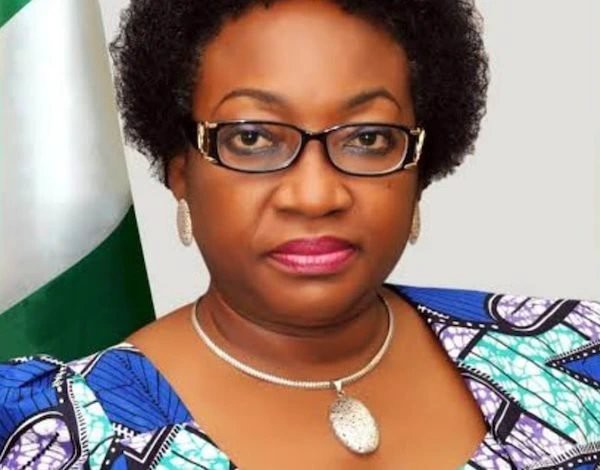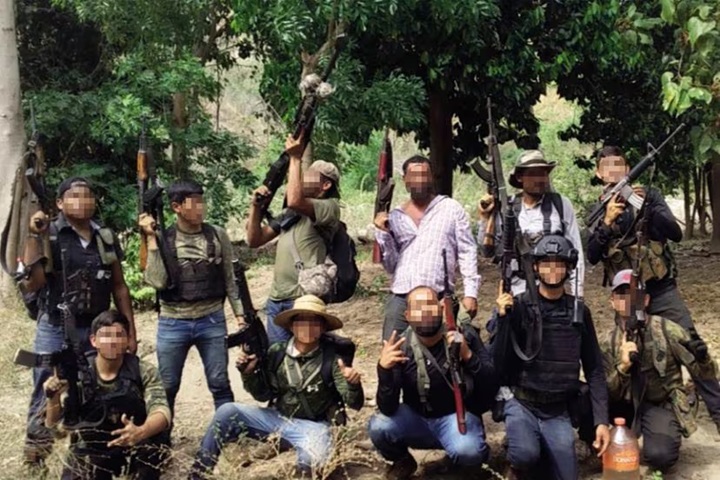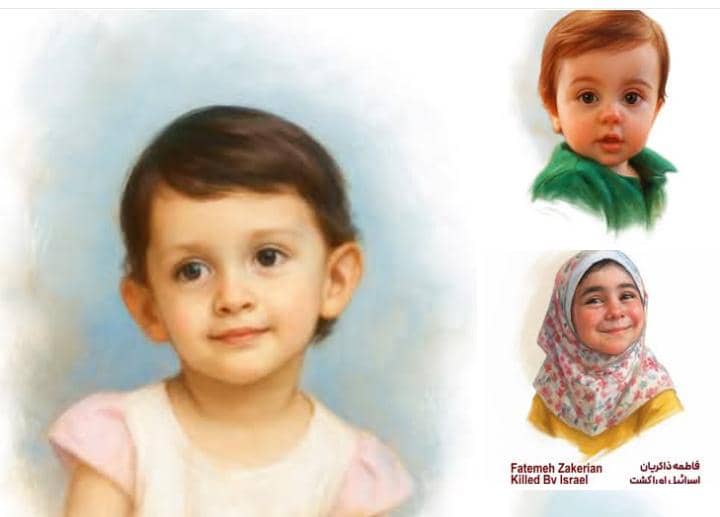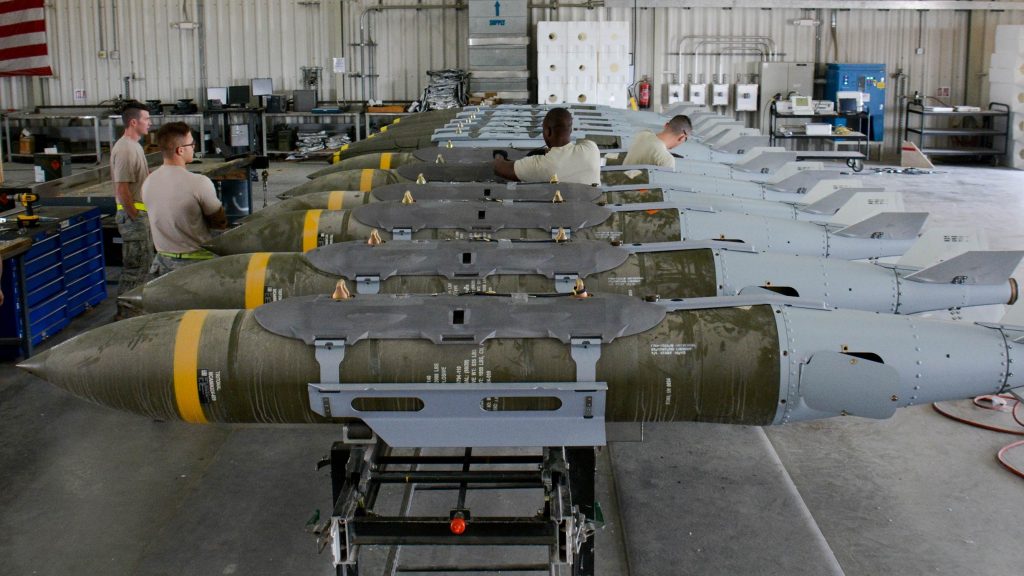News
Tension rises as Fulani Communities face attacks
DDM NEWS

Tensions are reaching a boiling point in West Africa as attacks against Fulani communities in Burkina Faso, Mali, and Niger escalate, leading to mass displacement and deepening ethnic divides.
Reports indicate that government-backed militias in Burkina Faso have been involved in deadly assaults on Fulani civilians, though authorities have strongly denied any involvement.
Nevertheless, the situation continues to deteriorate as ethnic and security conflicts spiral out of control.
In Mali and Niger, Fulani populations are increasingly becoming targets of retaliation due to their perceived connections with armed groups operating in the region.
While some Fulani individuals have indeed joined extremist factions, entire communities now face suspicion, forced evictions, and violent reprisals.
Many have been driven from their homes as local militias and civilian groups take matters into their own hands, intensifying the crisis.
As instability worsens, fears are growing that the conflict could spread beyond these nations, affecting Nigeria, Sudan, and Cameroon.
In Nigeria, tensions are already on the rise, fueled by the resurgence of the Hausawa Tsantsa Development Association (HTDA), led by Hajiya Kaltum Alumbe Jitami.
This group is actively calling for the eviction of Fulanis from Hausa territories, citing historical grievances and long-standing oppression of the Hausa people.
Jitami, a bold and outspoken activist, has taken to social media, Jaruma Hausa TV 24, and public forums to rally Hausas in what she calls a “final stand” against Fulani dominance.”
She accuses the Fulani of manipulating religion and politics for their own advantage, leading to decades of Hausa marginalization.
In a dramatic statement, the Jigawa born activist, mother of the Hausa nation, so she called herself, openly cursed Fulani religious leader blaming him for introducing terrorism and bloodshed in Nigeria.
She claims he toppled peaceful Hausa kings, installed a Fulani oligarchy, and laid the foundation for the banditry and insurgency tormenting Northern Nigeria today.
Furthermore, Jitami directly attacked the Emir of Sokoto, HRM Sa’ad Abubakar, and other prominent Northern leaders, claiming they are all Fulanis and complicit in supporting terrorism, banditry, and ethnic cleansing through their silent approval and hidden alliances.
According to her, Fulanis are not true Muslims and do not represent the interests of Islam. She argues that no true Muslim would rape fellow Muslims inside mosques or kill innocent people in the name of religion.
She has now called on all indigenous Hausas—Muslims, Christians, and traditionalists—to unite and fight for their common interest.
She insists that the era of religious deception is over, urging Hausas to reclaim their identity and sovereignty. Surprisingly she has already amassed huge followers and admirers. Many calling her “Maama”.
She also, called upon other indigenous Nigerian communities to remain vigilant against what they describe as Fulani attempts to dominate and impose Sharia law across the nation. Publicly declaring Miyyeti Allah, a terror Organization.
These movement as it stands, is intensifying ethnic tensions in regions where Hausa and Fulani communities coexist, leading to concerns about potential conflicts and the displacement of Fulani individuals from areas traditionally shared with the Hausa in the nearest future.
ORIGIN OF FULANI COMMUNITIES
The Fulani people are an ethnic group spread across West Africa, particularly in countries such as Nigeria, Senegal, Mali, Guinea, Burkina Faso, and Niger. Their origins are complex and multifaceted, with various theories and historical accounts.
Historical Migration
The Fulani are believed to have originated from the Senegambia region, specifically the Futa Toro area, around the 14th century. They migrated eastward and settled in various parts of West Africa, often interacting and intermarrying with local populations.
Key Factors in Fulani Migration
Trade and Commerce: The Fulani were known for their expertise in cattle herding and trade, which facilitated their movement across regions.
Islamic Influence*: The spread of Islam played a significant role in Fulani migration, as they sought to establish Islamic states and promote their faith.
–
Environmental Factors*: Climate change, desertification, and conflicts over resources also contributed to Fulani migration.
Fulani Settlements and Empires
The Fulani established various settlements and empires across West Africa, including:
Fula Empire*: In present-day Senegal and Mali
Sokoto Caliphate*: In present-day Nigeria
Massina Empire*: In present-day Mali
Cultural and Social Identity
The Fulani people have a distinct cultural and social identity, characterized by:
Cattle Herding*: Their traditional occupation and expertise
Islamic Faith*: A significant aspect of Fulani identity and culture
Pulaaku*: A code of conduct and values that emphasize honor, courage, and hospitality
Challenges and Conflicts
The Fulani people face various challenges and conflicts, including:
Land Rights*: Disputes over land ownership and access to grazing areas
Cultural Identity*: Preservation of traditional practices and values in the face of modernization
Security Concerns*: Conflicts with other groups and security challenges in some regions
The Fulani people’s history, culture, and identity are rich and complex, shaped by their experiences and interactions across West Africa.
Source: Benue Newspoint
For Diaspora Digital Media Updates click on Whatsapp, or Telegram. For eyewitness accounts/ reports/ articles, write to: citizenreports@diasporadigitalmedia.com. Follow us on X (Fomerly Twitter) or Facebook











